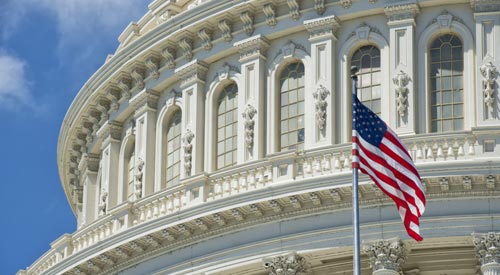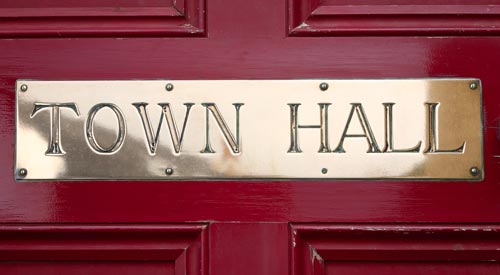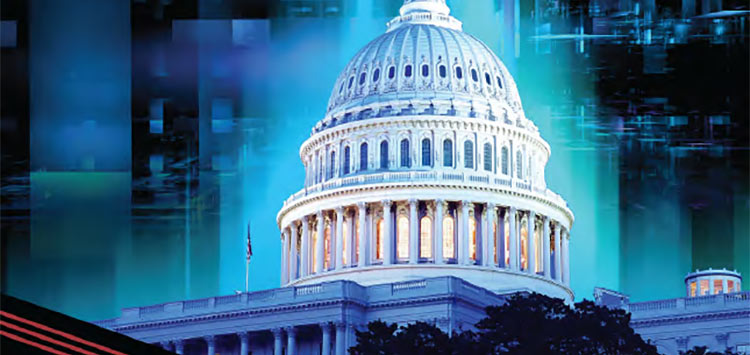-
Business
-

Policy & Business
-
-
Federal IT
-

Information Technology
-
-
State & Local
-

State & Local Government
-
-
Defense
-

Defense & Intelligence
-
-
Healthcare
-

Healthcare Policy & IT
-
-
Energy
-

Energy Policy & Technology
-
-
Education
-

Education Policy & Technology
-
Champion for Low-Income Students Gets a Boost Itself
Inside Higher Ed: For more than a decade, the College Advising Corps has steadily built a network of nearly 650 dedicated college counselors in high schools that serve large numbers of low-income and first-generation students in 14 states. In many of those schools, the ratio of students to college counselors is worse than the national average of 482:1, and the advising corps's troops are designed to ensure that students in the schools not only consider going to college but "are matched to and ultimately get through a place that get them a credential," says Nicole Hurd, the group's founder and chief executive officer.
The program has been proven (through research by scholars at Stanford University) to significantly increase the rate at which students in the schools take standardized tests (13 percent), apply for federal financial aid (27 percent), apply to multiple colleges (24 percent) -- and ultimately, get accepted by a college that suits them (24 percent). The group estimates that its work has helped about 300,000 more low-income, first-generation and other underrepresented students enroll in the "whole vast array" of colleges since 2005 than would have otherwise.
Tags
Top Stories
- CISA releases guide to help safeguard K-12 schools from cyber threats
- University of Ottawa’s Martin Bernier on continuous learning
- What Is ChatGPT and How Is It Used in Education?
- K12 Schools View Technology as a Guardrail for Good Digital Citizenship
- 5 ways our district streamlines edtech ecosystems
- 14 Technology Predictions for Higher Education in 2023 -- Campus Technology
- Dozens of US schools, universities move to ban TikTok
- How Can Schools Reduce the Risk of Cyberattacks?
- Districts Transform School Spaces into Labs, Arenas and Studios
- What's In, What's Out for Education Technology
- Texas Proposes Sharing Information Security Expertise Across Higher Ed and State Agencies -- Campus Technology
- Commerce Announces Over $18M in Digital Education Funding
- Rethinking your K-12 cloud strategy
- All That Ed Tech Schools Bought During the Pandemic Won’t Improve Equity. Here's Why
- How to Communicate Student Data Privacy Protections to Families More Effectively
- Ban the Cellphone Ban
i360Gov Newsletters
The most significant government policy, business, and technology news and analysis delivered to your inbox.
Subscribe NowTrending
- Mentoring tomorrow’s Black IT leaders
- 5 tips to build community-wide support for IT transformation
- Technology Is the Tool, Not the Teacher (Opinion)
- Every Student Needs 21st-Century Data-Literacy Skills
- 5 Big Technology Challenges Teachers and Administrators Will Face This School Year
- Districts Transform School Spaces into Labs, Arenas and Studios
- How Can Schools Reduce the Risk of Cyberattacks?
- What Are the Benefits of Digital Identity in the Metaverse?
Also in Education Policy & Technology
About
i360Gov is an intelligent network of websites and e-newsletters that provides government business, policy and technology leaders with a single destination for the most important news and analysis regarding their agency strategies and initiatives.
Contact Us
Telephone: 202.760.2280
Toll Free: 855.i360.Gov
Fax: 202.697.5045











